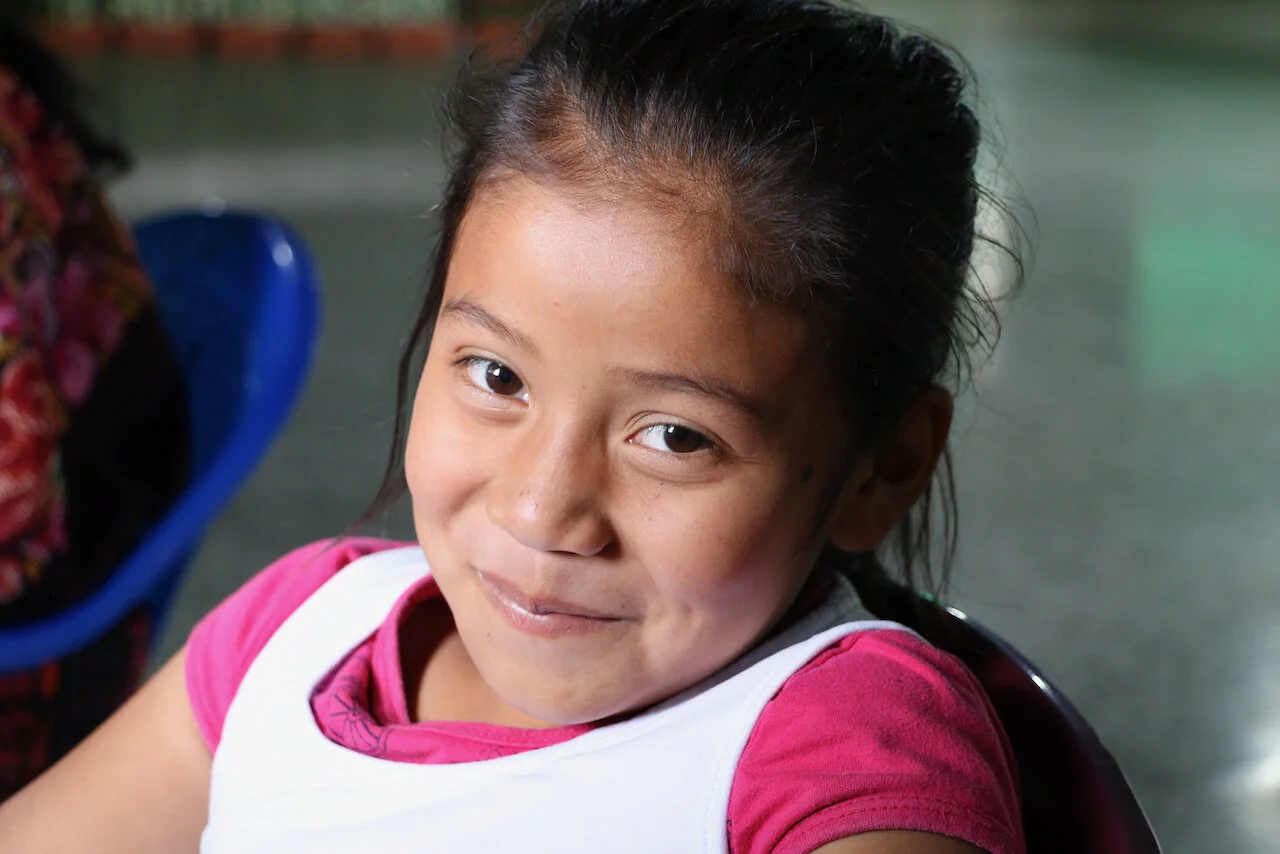I only know two words, and I learned them from billboards. “Ütz Apetik” is painted on so many signs leading into small towns in Guatemala’s central highlands that I’ve managed to remember them, even though I’ve never found a way to actually use them in conversation. Ütz apetik means “welcome,” and they’re the only words in the K’iche’ language I know.
2.3 million people in Guatemala speak K’iche’ as their first language, and Vine gets a lot of medical supplies to clinics who serve them.
One of Abbie’s patients.
Think back, if you can remember that far, to the first weekend in March. In Tennessee, where I live, there was a little talk regarding the virus, but not many of us were doing anything about it. Spring breakers were planning trips; music lovers were filling theaters; grocery store shelves had all the bread flour and toilet paper anybody could want. Dr Bruce Allsop and I shared armrests, tray tables, and recirculated air with everybody else who flew to Guatemala that weekend. Along with Abbie Nelson, a nurse practitioner who lives near Guatemala City, we had arranged to drive out to a remote medical clinic in the highlands where a ministry called Agape in Action provides the only medical care available to hundreds of people.
They’ve been kind enough to let me travel with them before, and that day in March I was excited to bring Bruce and Abbie, both of them experienced in primary care and eager to help.
Agape’s nurses and pastoral caregiver drove ahead of us in a pickup, so we three visitors fit in the back. Drs Paul and Lindsey Argueta grew up in a town called Santa Cruz del Quiche, and each day they drive out to one of the 21 clinics they provide to remote communities.
I’m totally unqualified to help the doctors and nurses when we go to a clinic. I have a lot of experience driving us all around the country; I can do an OK job interpreting between Spanish and English; and I don’t mind carrying boxes of medicine and food. But without medical training, I don’t feel very useful. I can talk and I can take pictures. If I’m lucky I can sit down with some of the patients and learn about their lives, and if I’m really lucky, I get to hold a baby.
But sometimes, we end up in a community where I can’t even do any of that. The village Paul and Lindsey took us to that day in March was that kind of place. We set up their mobile clinic in a community center as the patients waited in line, signed their paperwork, and tended to their kids.
Paul decided we would all wear masks. He was a more careful reader of world medical news than I had been that week, and he was serious about protecting patients, staff, and visitors. Having never worn a mask before, I didn’t like how it felt, and I really didn’t like the way it hid half of our faces.
Agape in Action limits the clinics to 50 patients per day - there’s just not enough time or medicine to properly take care of more than that. The addition of Bruce and Abbie meant, maybe, a lighter load for Paul and Lindsey. I sat down next to Bruce, thinking I would translate at his station. No playing soccer with kids, I thought; no jokes, no conversation, no pictures. I was actually going to work and I was excited to contribute to Agape’s and Vine’s medical mission.
My contribution, such as it was, didn’t last long. I welcomed our first patient and asked her how we could help. I didn’t understand anything she said in return. Not a word. It was real, whatever her illness was, and she was in distress - I could see that. But we were in K’iche’ country, and ütz apetik is all I know.
Thankfully, Agape’s nurse, pastor, and nurse’s aide all grew up in the Quiché region, they speak K’iche’ plus one or two other languages. They periodically left their usual work (intake, vitals, prayer, counseling, paperwork, pharmacy, crowd management) to run to Bruce’s and Abbie’s stations to translate for each K’iche’ speaking patient, which I think was almost all of them.
I stayed at Bruce’s station for most of the day, not because I was helpful but because I didn’t know where else to go.
So while “we” saw patients (Bruce, Abbie, Paul, Lindsey, and the Agape staff and volunteers did all the work), every new visitor gave me another chance to think about how important the work was, and how little I could do to help. It’s a feeling I’ve gotten even more familiar with in the weeks since, with the virus making its way around the world and most of us confined to our houses. Maybe you’ve felt it too.
Dr Paul listens to a patient.
It’s not quite true to say I was no help, as it turns out. We were cleaning up after the clinic, loading everything back into the trucks, when Paul and I talked about some of the medicines Vine was giving to Agape. “I went through the reports last year,” he said, “and I figured out that half of the patients we see, we can see them because of Vine. Without you, we could diagnose them, but what good is diagnosing people without offering treatment? We can do both because of Vine.”
Of course when he’s taking about Vine, he’s talking about you! And me. At that clinic, people came because of their real, physical needs, and I was powerless to help. I couldn’t listen, I couldn’t talk, I couldn’t hand out medicine, I couldn’t really even smile. But I was grateful to hear that Vine - that you and I - have been part of it all along. That was just one Tuesday in the second week of March for Agape in Action: they’ve spent every weekday since then bouncing around the Guatemalan highlands, listening, diagnosing, treating, and praying. You and I can’t travel there, and we don’t speak K’iche’. But we’ve been an important help to of every one of those clinics. We do it together, of course. We depend on the Agape team and so many other medical providers in Guatemala, and they depend on you and me.
Distributing PPE to first responders
Bringing food to hungry families
I picked up a newspaper for my flight home, and the lead story was about the lockdown measures the country was beginning starting that weekend. Our doctors would need protective equipment, and their patients would need food. If you’ve been giving to Vine, you haven’t been helpless during this crisis. You’ve helped distribute more than 100,000 masks, gloves, and gowns to medical professionals, many of whom wouldn’t have gotten them any other way. You’ve helped deliver thousands of emergency food rations to people whose ability to buy food was disrupted by the lockdown. [The masks came through our friends at MAP International, and the great folks at Orphan Grain Train supplied the emergency food rations. Vine gets them all the way to the people who need them most because of you.]
However helpless you and I may have felt in the face of this disaster, we’ve been given the opportunity to provide real help to people who need it, and we’re doing it. Paul and Lindsey see it as a way to express God’s love for the people they serve. I do too. Thank you for making it possible.
Maltyox chawed. [I think that’s K’iche’ for thank you!]
-Brady Greene





